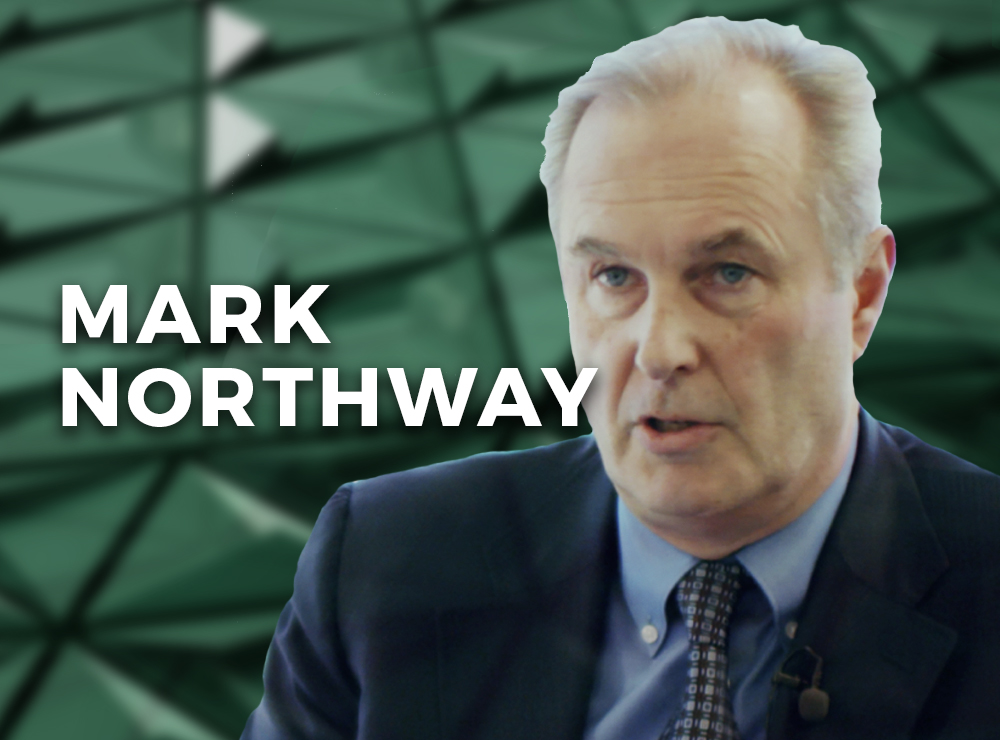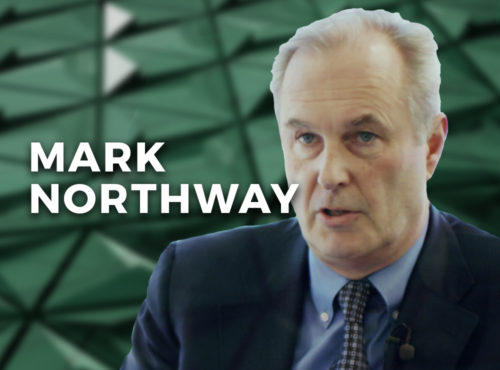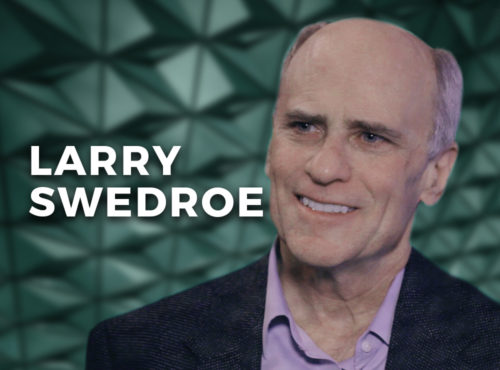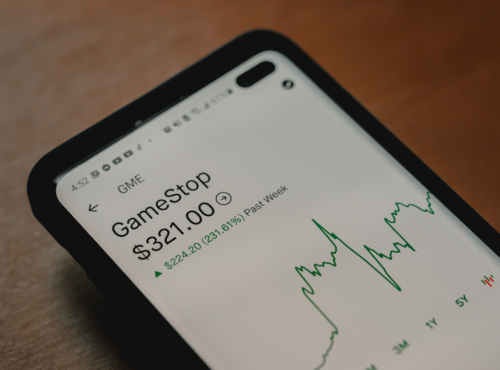
There’s been a huge increase in DIY trading during the coronavirus pandemic — particularly among young people. Sparrows Capital’s MARK NORTHWAY fears we could be storing up problems for the future.
This article was first published by IFA Magazine and is reprinted here with permission.
The explosion in DIY investing during lockdown has been a boon for online trading platforms, but it is storing up trouble for the future.
Since March, stock markets globally have performed gravity-defying rises as confidence in humankind’s ability to beat coronavirus has grown steadily.
Indices such as the S&P 500, the Nasdaq Composite and the FTSE All World are just some of those trading at higher levels than at the start of the year before the words ‘pandemic’ and ‘lockdown’ were part of the global lexicon.
Emboldened retail investors have flocked to online trading platforms here and in America, where companies such as Robinhood have become household names. Short squeezes in GameStop and AMC have resulted in huge price rises as the herd focuses on individual stocks.
While the notion of individuals forging their own investment path might seem innocuous at first glance, many of those going solo — especially for the first time — are unlikely to know how to react when markets throw another tantrum.
And they’re also not necessarily equipped to be disciplined during a rally: It’s when markets are so seemingly obvious to read that investors need the most help; help to overcome their biases and help to stick with a clear strategy.
Staying on track
The surge in DIY investing isn’t hearsay. The data back it up.
Several major UK brokers cited steep rises in trading activity during lockdown, with Hargreaves Lansdown experiencing a 221% rise in trading between 24 March and 30 June compared to the same period in 2019.
What’s more, purchases on their platform outnumbered sell orders, which is likely to mean more people were adding to increasingly expensive assets rather than selling them in favour of cheaper holdings.
In the US, the Robinhood trading platform became a lockdown “darling” as those under lockdown turned to new pastimes. But in spite of their enthusiasm, many are unlikely to have the expertise necessary to guide their portfolio through tougher markets.
But much of this activity is trading as opposed in investing. It relies heavily on following momentum in a share or an asset class, and on the assumption that fundamental values no longer matter. This approach is driving pricing bubbles in growth stocks, cryptocurrencies and even real estate and is evident in the huge price volatility of certain individual stocks.
A central tenet to a rigorous institutional process, which is accessible to individuals through model portfolios, is to construct a robust Strategic Asset Allocation and to rebalance regularly to ensure consistency of risk.
Some of the largest and most successful funds in the world approach investment this way, including the Norwegian sovereign wealth fund, Japan’s equivalent and many other institutional fund houses on behalf of their large pension clients.
Embrace help
Even if an individual investor feels confident to set the asset class allocation in their portfolio, would they be able to perform thorough due diligence on their holdings?
Would they know whether their ETF uses swaps and derivatives or opts for physical replication? Would they know how liquid the product is and who is making a market in it – effectively how easy is it to buy and sell?
And would they be able to confidently ascertain whether the index they had chosen to track was granular enough? Would they know whether to run with a capitalisation-weighted index or a factor-based one?
Setting up a portfolio online seems simple. But executing it successfully is far more complex.
In the folklore of Robin Hood, he robs from the rich to give to the poor. That could get turned on its head if DIY investors stick it out on their own for too long.
MARK NORTHWAY is Investment Manager at Sparrows Capital and chairman of ShareSoc, the UK Individual Shareholders Society. Based in London, Sparrows is a pioneer of capped-fee evidence-based model portfolios for financial advisers and is one of three strategic partners of TEBI’s in the UK.
ALSO BY MARK NORTHWAY
Coming soon — a Darwinian cull of active management
How we limited losses when markets plummeted
What Woodford teaches us about illiquid assets
Why wealthy investors love hedge funds
PREVIOUSLY ON TEBI
The Covid crash one year on: how was it for you?
Can active managers time factor exposures?
Three reasons for active managers to feel positive
The odds of outperforming through active management
Which is best for corporate bonds — active or passive?
Do financial marketplaces provide enough protection?
Who should carry the can for the Woodford blow-up?
The implications for investors of shrinking markets
FIND AN ADVISER
Are looking for an adviser? Click here and let’s see if we can help you.
© The Evidence-Based Investor MMXXI













